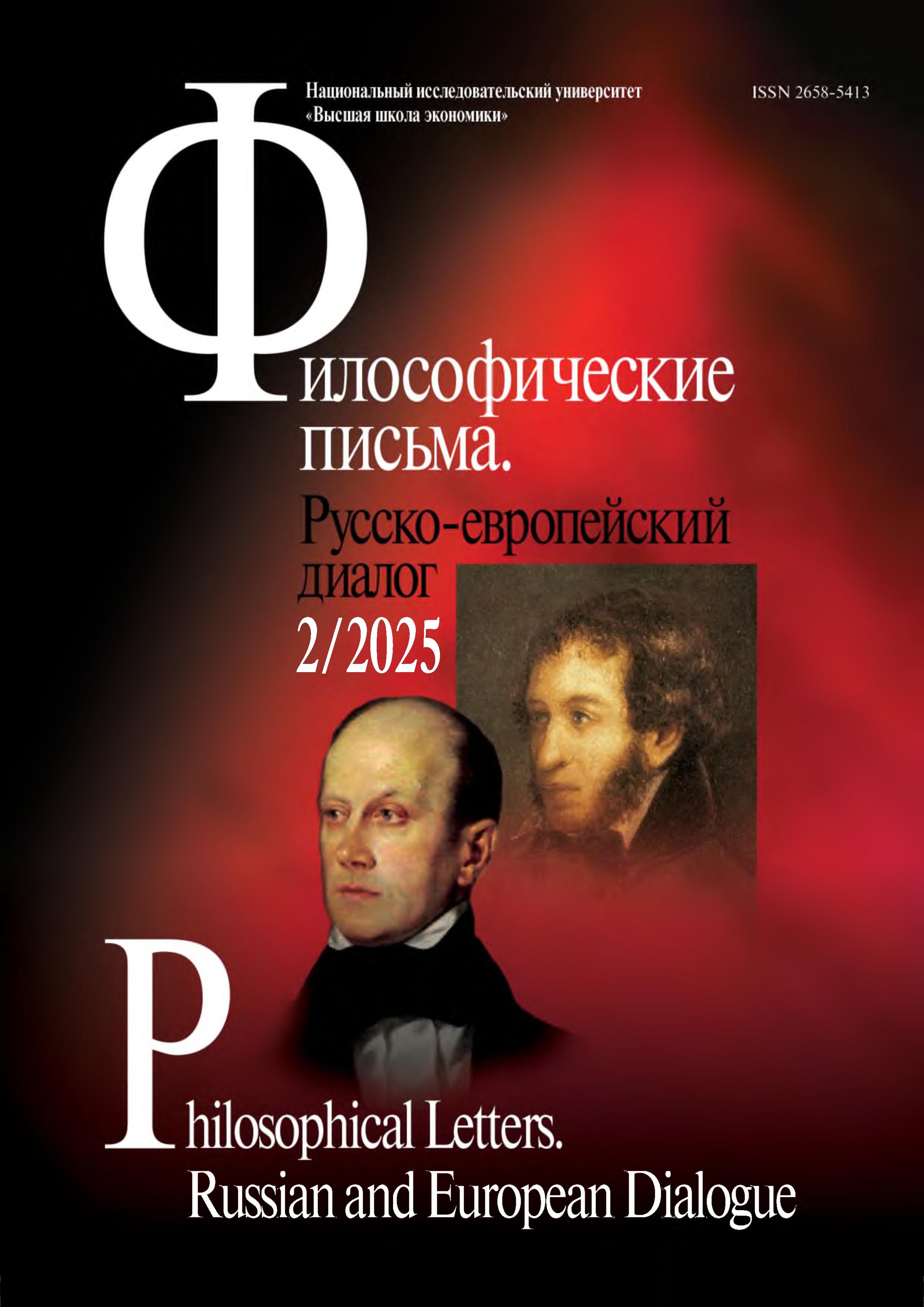Liberal Theology of Albert Schweitzer in the Dialogue of Cultures
Abstract
Theologian, humanist and philosopher Albert Schweitzer is considered a representative of liberal Protestantism, the methodology of which was based on rational exegesis. Despite the dynamic state of the doctrine of liberal theology, in general it challenged the authority of dogmas, placed the historical personality of Jesus and his ethical teaching at the center. In the conditions of the crisis of the Church and culture, liberal Protestantism sought to revive religious feeling by “purifying” Christianity from later dogmatic interpretations and the influence of Greek philosophy. In his historical and theological studies, Schweitzer explained the actions of Jesus by his inclusion in the system of late Jewish eschatological views and beliefs, thus giving decisive importance to the factor of the worldview of the era under study. The problems of the relationship between the scientific-historical and religious approaches to Christianity and the infl uence of Greek philosophy on early Christianity, which are signifi cant for liberal theology, were of considerable interest to the religious-philosophical discourse in Russia, which, in particular, was reflected in the criticism of the views of A. Harnack, Schweitzer’s teacher, by Russian philosophers. In his first period of the evolution of scientifi c views — the period of historical theology — Schweitzer formulated the principle of the unity of religion and ethics. Changes in the worldview of society as a result of the First World War exposed the vulnerable spot of liberal Protestantism — the inability of the scientific-historical approach to reveal the phenomenon of God-manhood. Attempts by liberal theologians, and in particular Schweitzer, to combine Protestantism with modern culture in a rationally interpreted Christianity since the mid-1910s were already considered as distorting the religious foundations of cultural Protestantism, against the background of which interest in dogmatics and the existential perception of religion was revived (K. Barth). The article suggests that Schweitzer’s position was distinguished by a certain dialecticism. Schweitzer’s ethicocentrism helped him to escape from the extremes of historicism, and his historicism was practically dissolved in the ethics of Christian love and compassion, which ultimately determined Schweitzer’s own life choices. The principle of the unity of religion, ethics and culture will form the basis of Schweitzer’s cultural studies already in the second period of his scientifi c activity, when he will formulate the main reason for the decline of spiritual culture — the dominance of aestheticism over ethical values.

